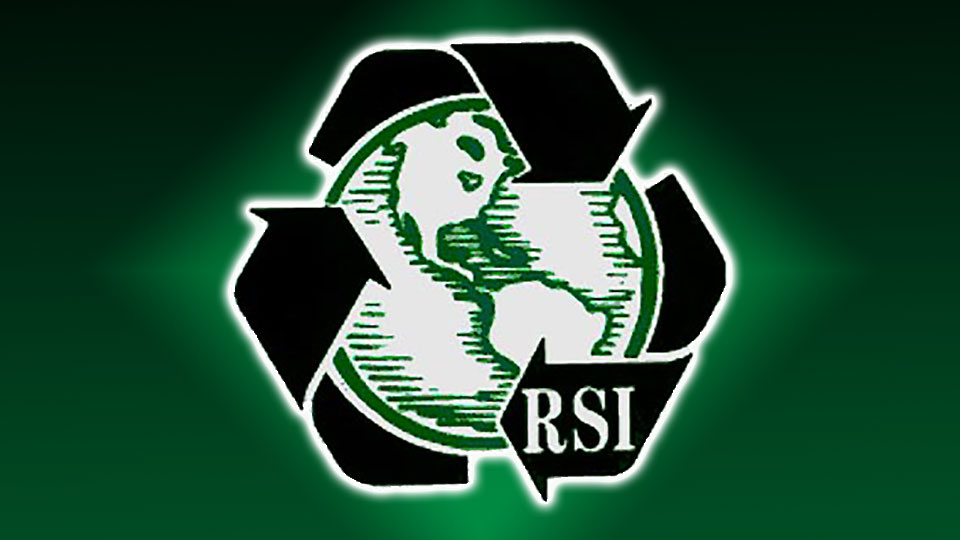Federal Guidelines Updated on Essential Critical Infrastructure
In response to ISRI’s letter to Vice President Pence last week, as well as to similar letters from others, yesterday the Department of Homeland Security updated its Guidance on essential critical infrastructure to specifically include recyclers
“Workers necessary for the manufacturing of materials and products needed for medical supply chains, and for supply chains associated with transportation, energy, communications, food and agriculture, chemical manufacturing, nuclear facilities, the operation of dams, water and wastewater treatment, emergency services, and the defense industrial base. Additionally, workers needed to maintain the continuity of these manufacturing functions and associated supply chains.” (Guidance on the Essential Critical Infrastructure Workforce: Ensuring Community and National Resilience in COVID-19 Response, p 10 (emphasis added)).
This new wording recognizes that the manufacturing of materials and products is dependent on manufacturers’ ability to obtain the feedstock necessary to feed their operations. And recyclers are essential businesses that supply critical raw materials to keep manufacturers in operation. Recycled metal, paper, plastics, and other commodity-grade materials feed critical U.S. manufacturing operations that are producing the rebar, wiring, tubing, transportation, packaging, and other key materials that are needed for everything from construction of new hospitals to the manufacture of new hospital beds, ventilators, toilet paper and other essential supplies needed to keep Americans safe and the economy running during this critical period.
As many states and localities are relying on the federal guidelines, it is important for recyclers to be aware of this change. In addition, ISRI has prepared the following document to help arm recyclers with the arguments necessary to demonstrate the important role recyclers have in the manufacturing supply chain:
Talking Points: Recycling: Part of Essential Critical Infrastructure, March 24, 2020 .
As each state has issued its own guideline son what it considers essential businesses allowed to operate, ISRI’s Asst Counsel, Danielle Waterfield, has reached out to members in the state to provide you with the information you need. However, if there is activity in the state and you have not heard from ISRI, please feel free to reach out to Danielle directly at [email protected]. In addition, we are maintaining online a COVID-19 State and Local Policy Dashboard that brings together, in one place, emergency declarations, executive orders, and other sources of official information for all 50 states, as well as many local jurisdictions by population.
ISRI has also prepared a
listing of available information on state financial aid responses, changes to unemployment requirements for employers and employees, tax filing changes, and other actions implemented to help local businesses weather the outbreak.
As a reminder, ISRI also has developed guidelines to help members operate safely during this time. The allowance of businesses to operate during this period of emergency is with the understanding that such companies adhere to all requirements on maximizing remote work and observing necessary precautions prescribed by the CDC, OSHA, and state and local authorities in their operations, in order to protect workers and their families.

